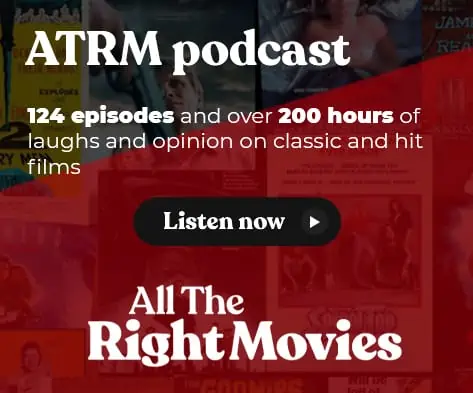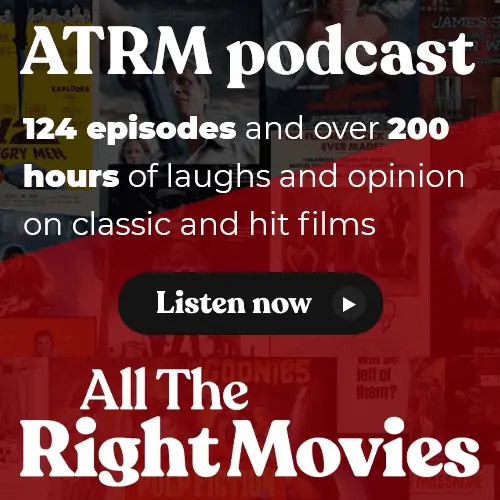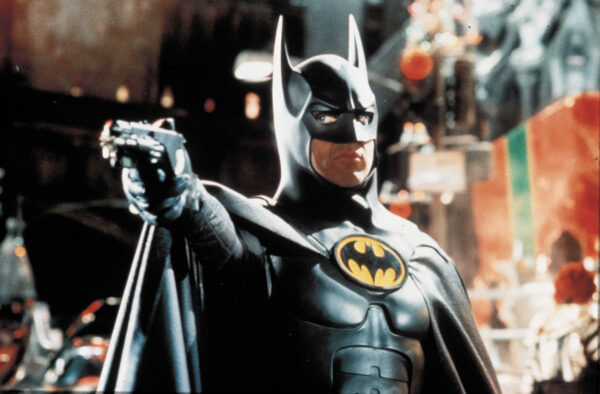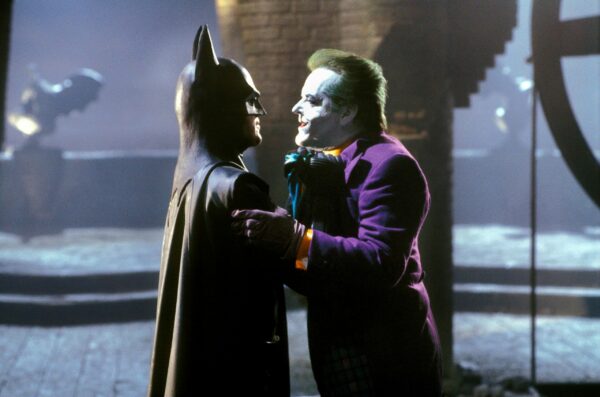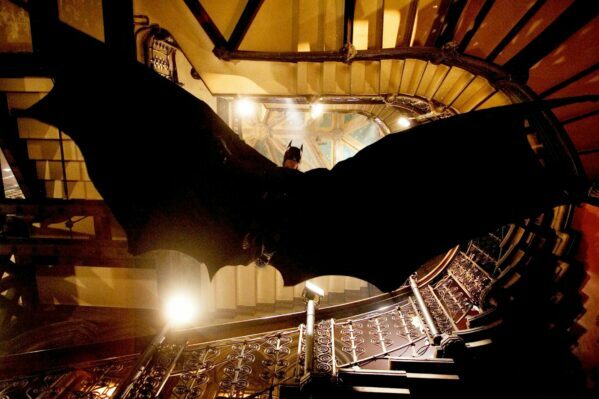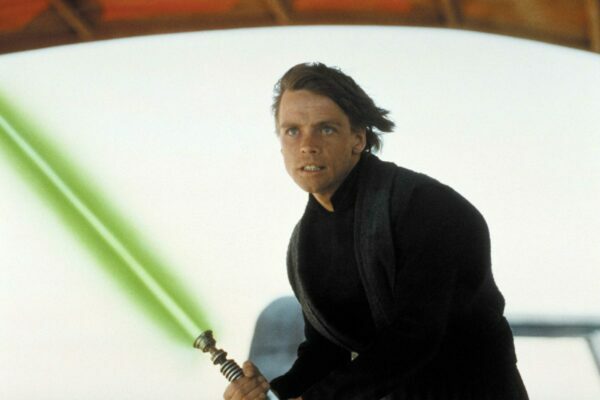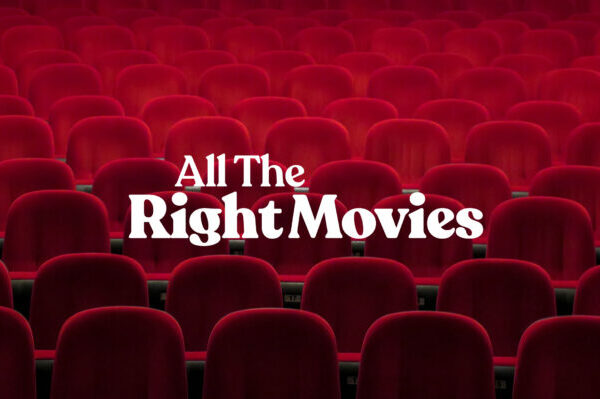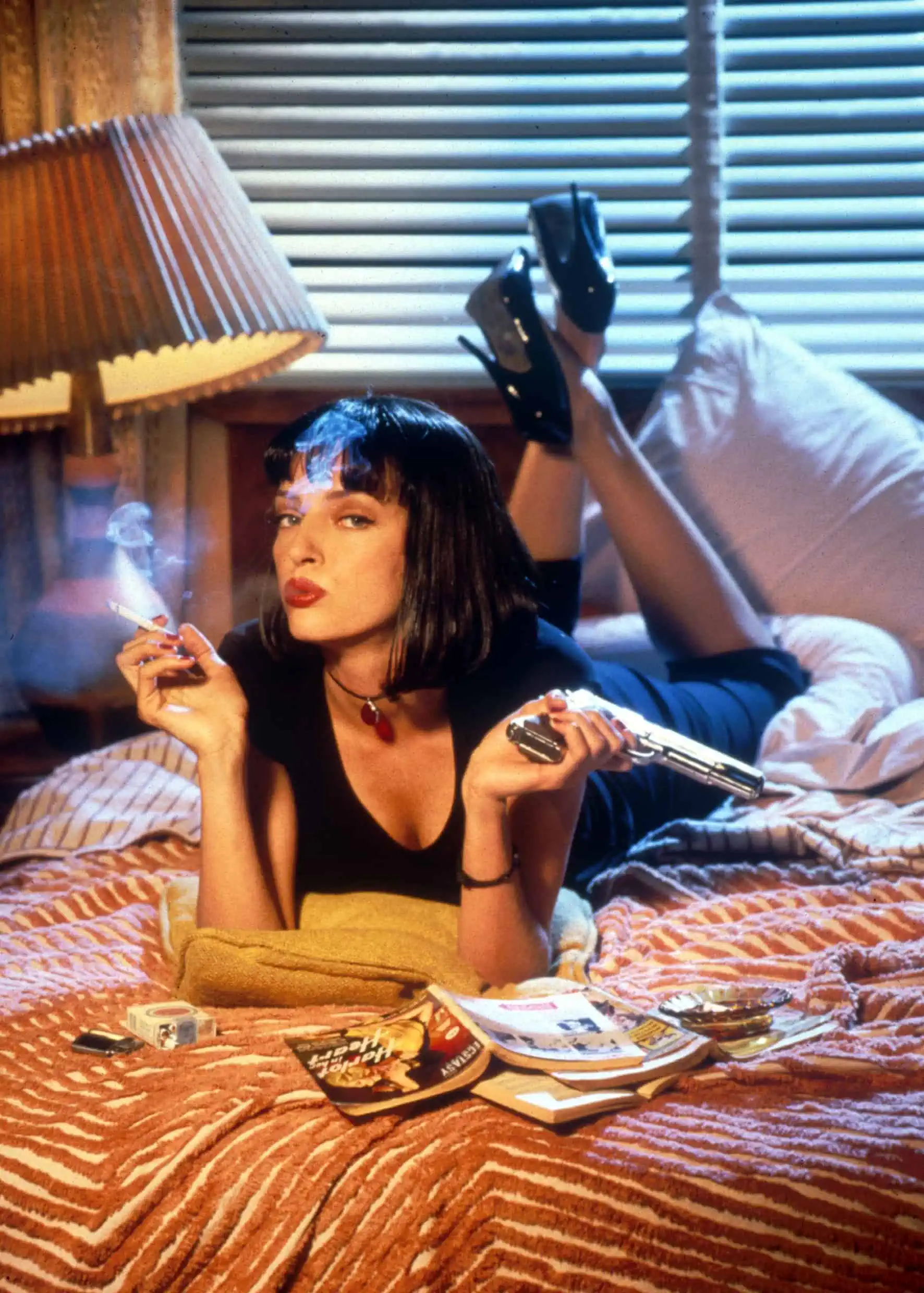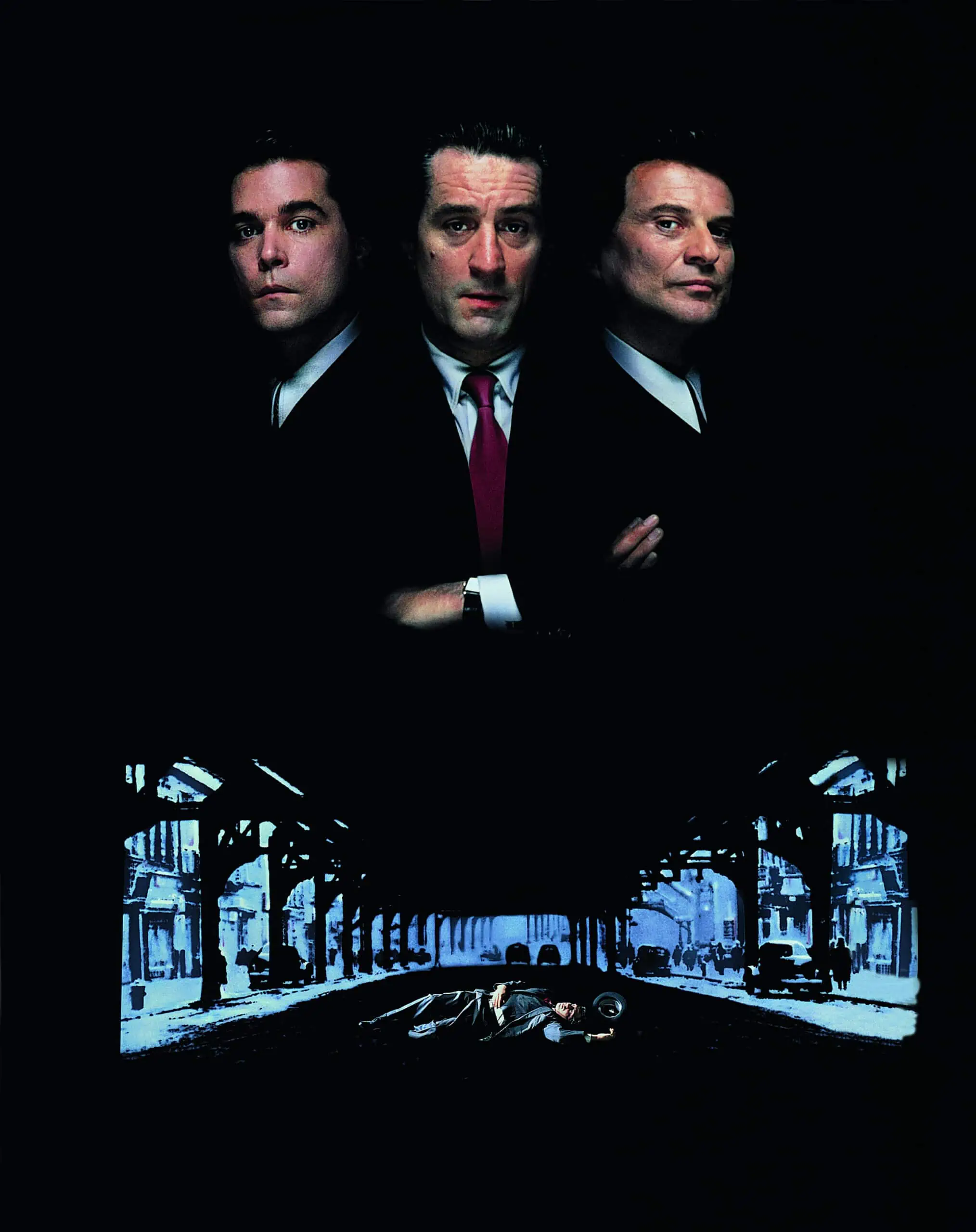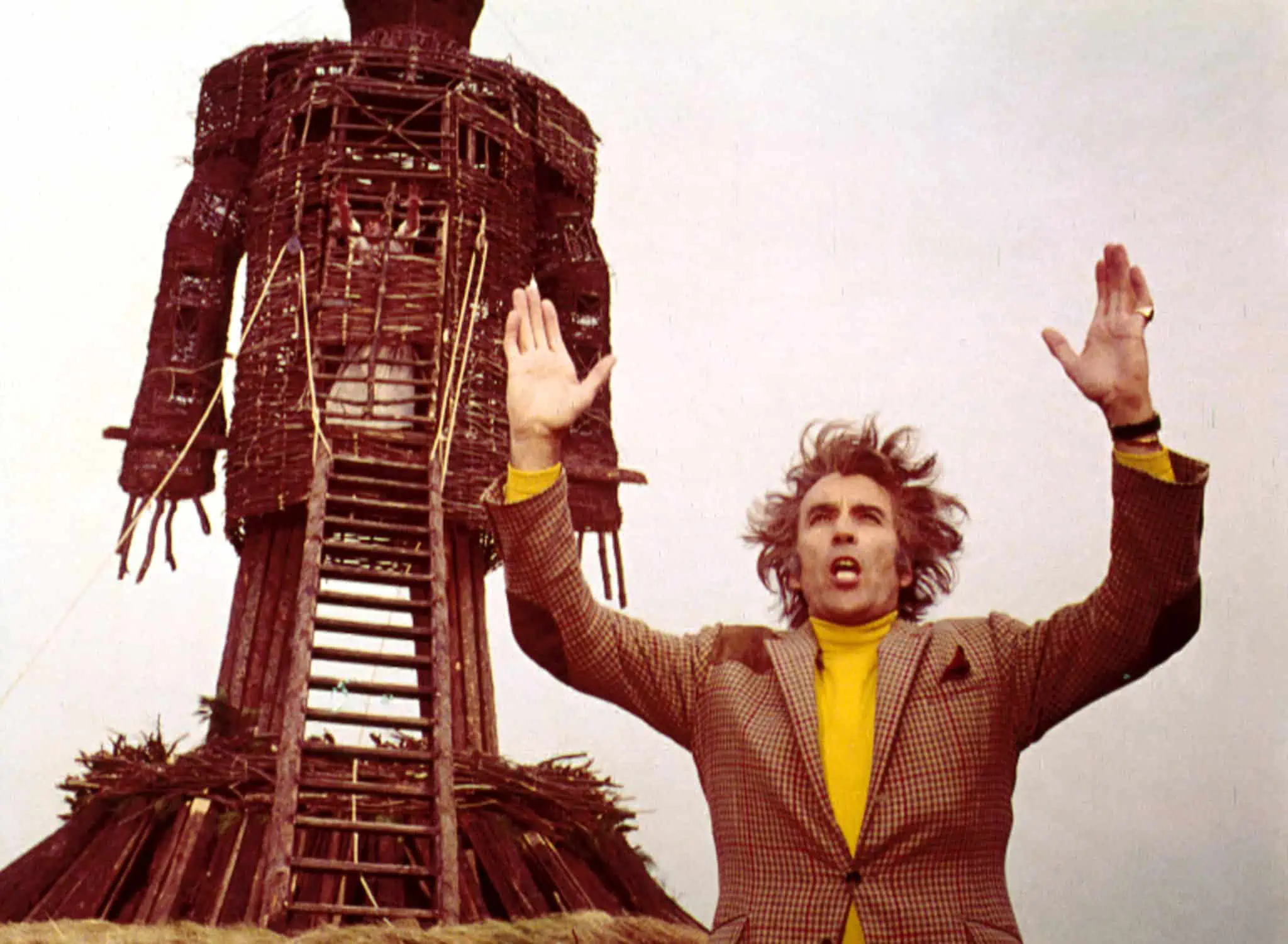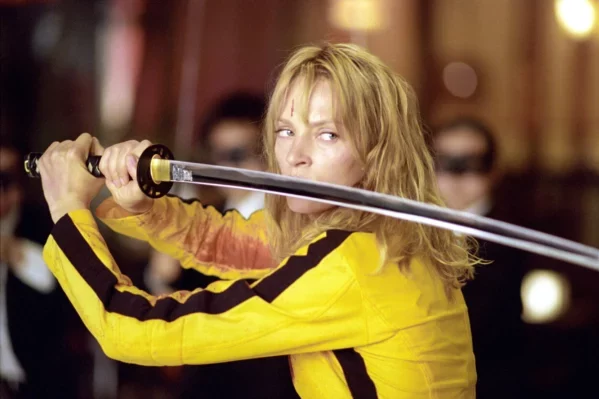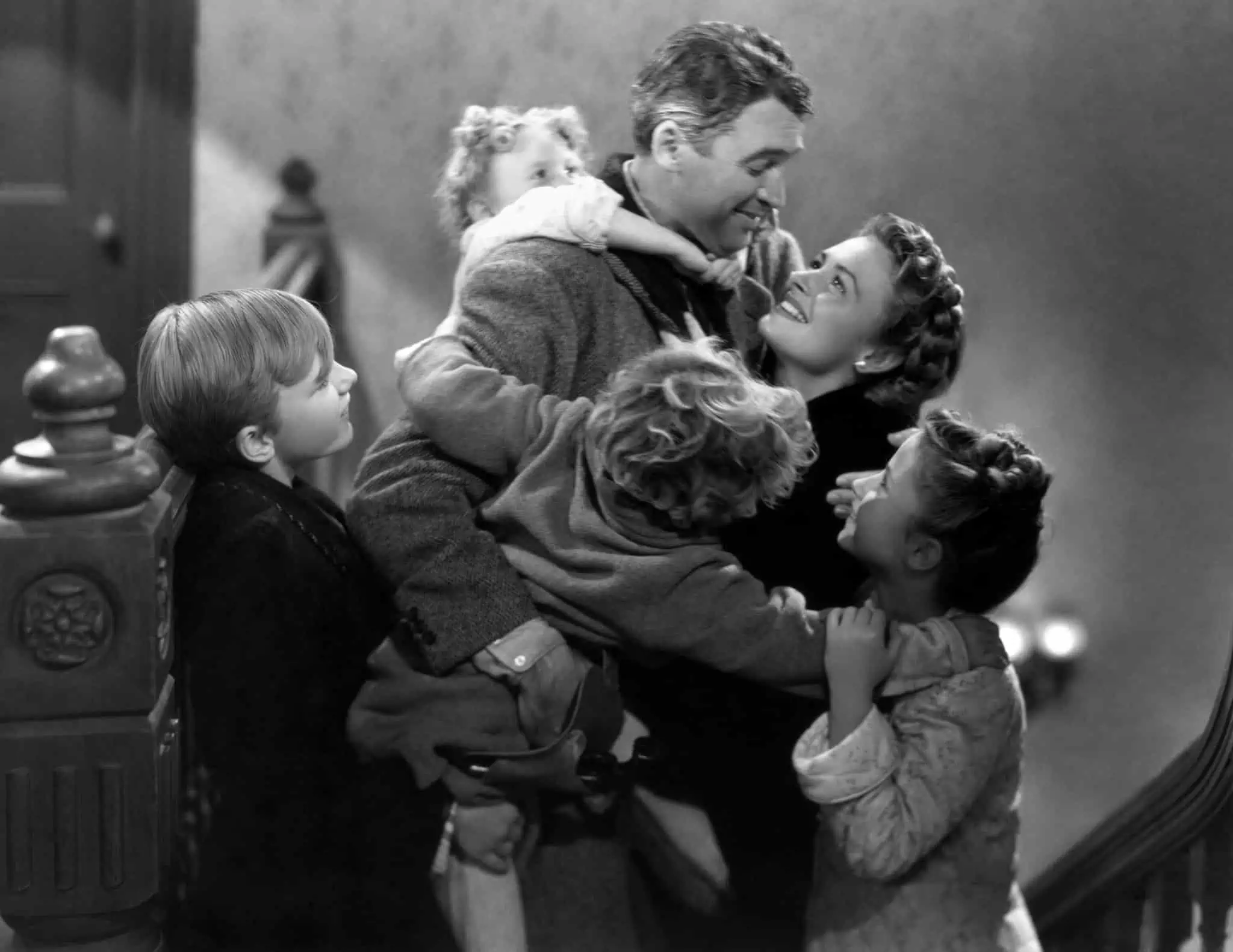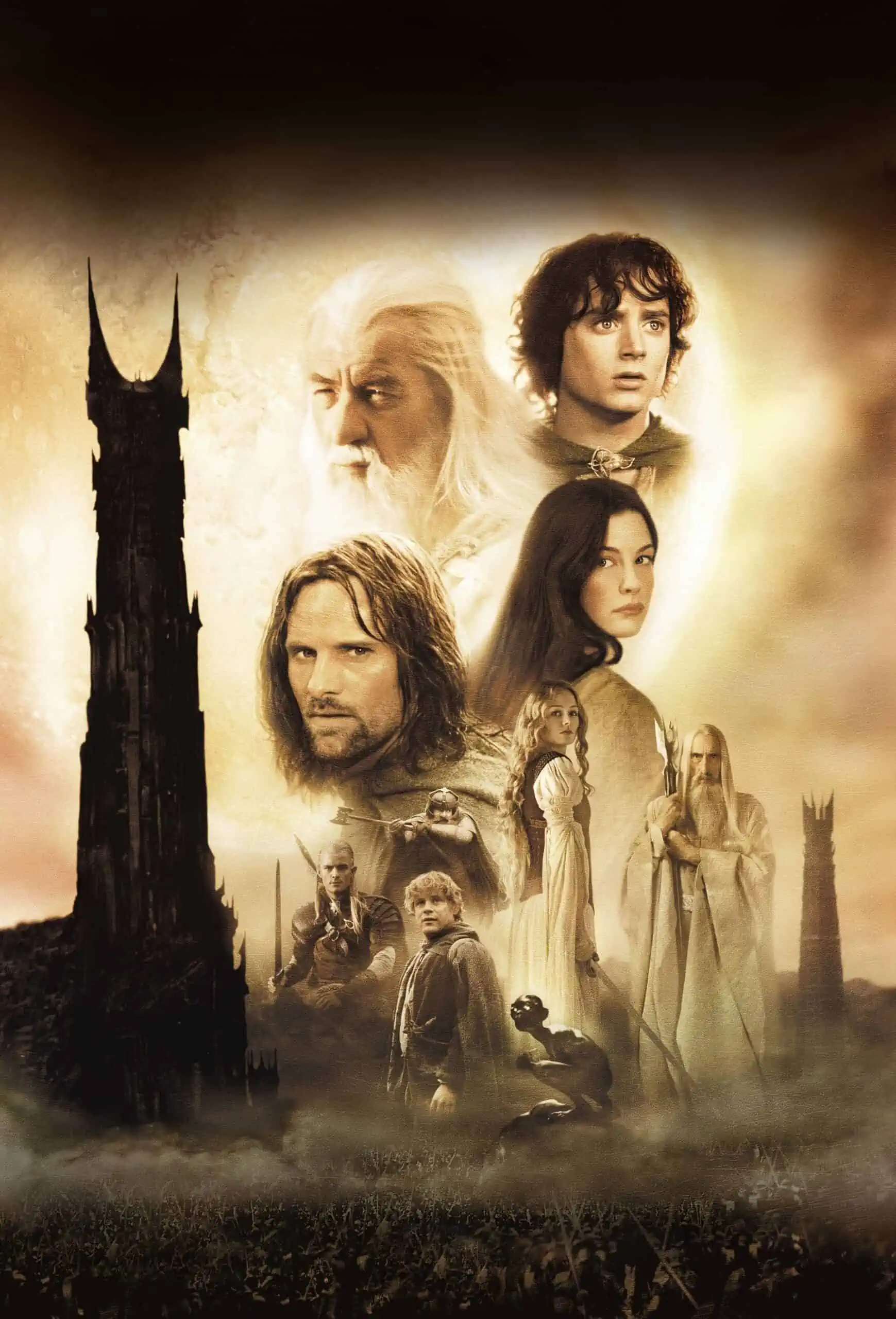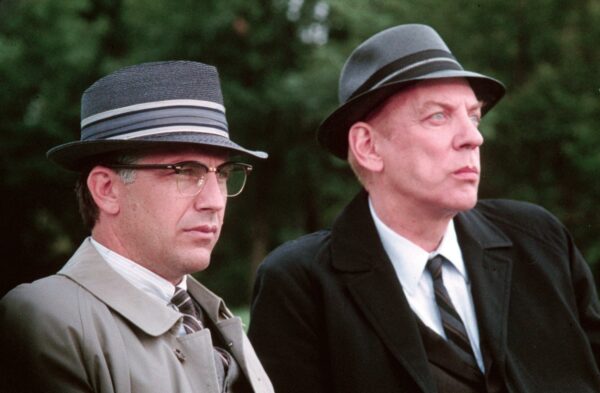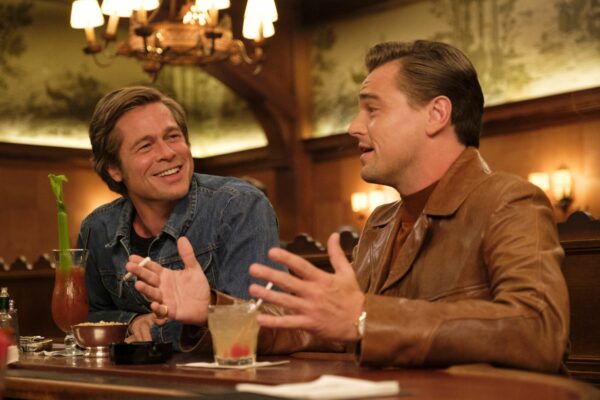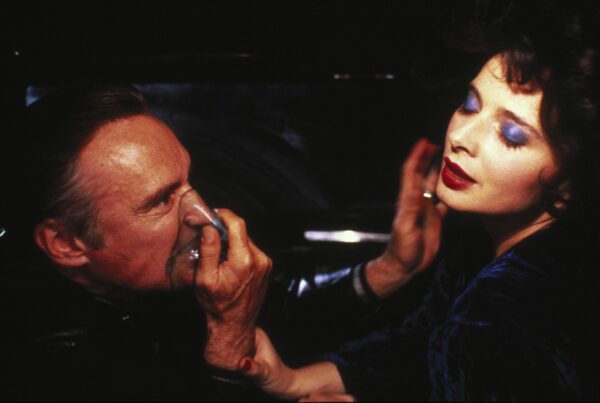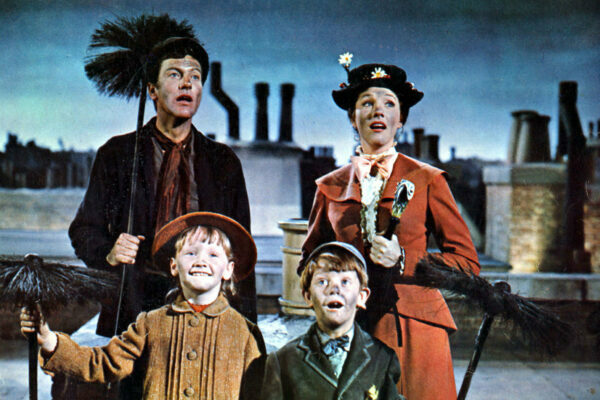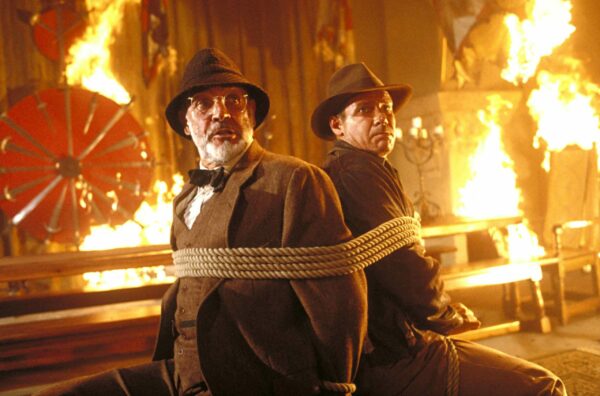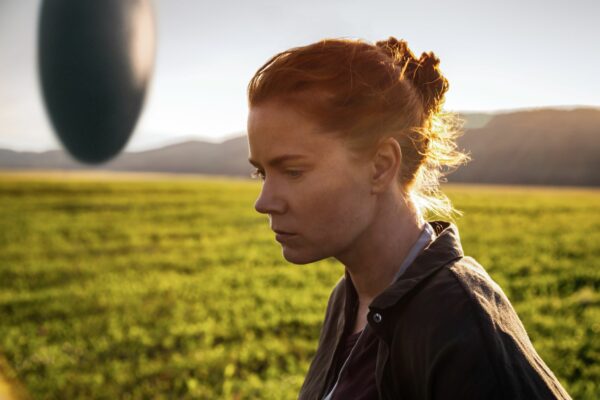
Billy Wilder is regarded as one of the greatest writer-directors in Hollywood history. Here, Nick Bartlett talks about the legendary filmmaker’s greatest movies, and gives the rundown on his Top 10 Wilder films.
Not only did Billy Wilder have a unique voice, something which is identifiable in every one of his films, but he managed to put his stamp on an incredibly diverse range of genres. Film noir, war movies, romantic comedies, Wilder mastered them all. This is an unapologetically subjective list – films like The Seven Year Itch (1955) and Irma La Douce (1963) have not aged well – but, even so, it was tough omitting some of his more critically acclaimed films, such as The Fortune Cookie (1966), Sabrina (1954) and Stalag 17 (1953), all of which are classics of their respective genres.
10. One, Two, Three (1961)
An uncharacteristically comic role for James Cagney holds this fast paced comedy together. Cagney plays a successful Coca-Cola executive ordered to babysit his boss’ daughter, who has fallen for a hardline communist (Horst Bucholtz). In places a bit too broad to really hit home, and with an incredibly overblown performance from Bucholtz, this is nonetheless a first class farce. Cagney’s speechifying is brilliant, and he clearly relishes the chance to sink his teeth into the satirical dialogue and rapid-fire delivery style. The final frenetic chase through West Berlin is spectacular, and the film has energy and pace throughout. There are a few jokes that fall flat, but the pacing is so quick that, for every dud, there’s a genuine laugh just around the corner. The script, cinematography and performances are fresh and sharp, and it keeps its zip right until the final punchline.
9. A Foreign Affair (1948)
A romantic comedy about a love triangle in post-war Berlin, where one of the women is a suspected Nazi, would be a tough sell today, but Wilder makes it work. Dietrich makes her character as sultry and alluring as you would expect, but if it wasn’t for the underappreciated Jean Arthur this one may have been forgotten. Arthur gives one of her best performances as the uptight congresswoman, in many ways a prototype for Parks and Rec’s Leslie Knope. She is both vulnerable and endearing throughout, and the scene where she drunkenly sings an anthem for her hometown of Iowa is warm, funny and weirdly poignant. Some of the comedy is a bit broad and dated, but it’s still a lot of fun and fiendishly subversive (a little boy is reprimanded for drawing swastikas over the city) while the location photography of a bombed out Berlin is just stunning.
8. Five Graves To Cairo (1943)
This is where my personal bias takes over – I’m aware this isn’t a critically acclaimed film, but I’m a sucker for a good adventure story, and the desert location and creative cinematography is a clear influence on Indiana Jones. Wilder’s second English language film, Five Graves To Cairo might be a slightly straitlaced propaganda film, but it has aged better than his other war classic, Stalag 17. There are no comic hijinks here, beginning and ending with bleak, almost poetic imagery. Franchot Tone, the sole survivor of his squad, hides out in a hotel in the North African desert. When none other than General Rommel (Erich Von Stroheim) arrives with his platoon, Tone must uncover the location of five hidden German fuel depots. It’s a bit stagey, and Tone himself is a little wooden, but he is surrounded by an incredibly strong supporting cast, especially Von Stroheim, who gives a commanding turn as Rommel. This is a great film, well overdue a re-evaluation.
7. Witness For The Prosecution (1957)
Alfred Hitchcock once moaned that everyone thought The Paradine Case (1947) was directed by Billy Wilder, and thought Witness For The Prosecution was a Hitchcock film! It’s true that this has the balance of humour and intrigue you would usually expect from Hitchcock, but the dialogue is Wilder through and through. Probably the best film adaptation of an Agatha Christie story – give or take Rene Clair’s And Then There Were None (1945) – the plot is taken pretty much directly from the stage version, however Wilder’s master stroke lies in fleshing out the combative relationship between crotchety barrister Charles Laughton and his nurse (Laughton’s real life wife Elsa Lanchester). The bickering pair provides the film with its heart and makes it as memorable as it is. The story itself is masterfully done, with the mysterious Marlene Dietrich and the affable Tyrone Power excellent in their roles, while the mystery itself still retains its ability to surprise the audience.
6. Some Like It Hot (1959)
Probably Wilder’s best known film, and maybe surprisingly low on this list, Some Like It Hot is potentially the best comedy ever written. Jack Lemmon and Tony Curtis were an unlikely pairing but have undeniable chemistry, and Marilyn Monroe was never better. Curtis and Lemmon play two jazz musicians who witness a gangland execution and go on the lam by joining an all-woman band on tour, meeting the beautiful Sugar Cane (Monroe) along the way. However, their getaway is hampered by the reappearance of the gangsters and the unwanted attention of elderly millionaire Osgood (Joe E Brown). The script is perfect, with set-ups and pay-offs all delivered with perfect timing by a cast at their absolute best. It’s Lemmon who steals the film, though. One scene features him using maracas after each line of dialogue, a late addition due to the preview audience laughing over his lines and missing the jokes!
5. The Lost Weekend (1945)
A drama about addiction that still packs an emotional wallop, The Lost Weekend has Ray Milland playing a struggling writer battling alcoholism – something that was previously mainly played for laughs – and earned Wilder his first Oscar for Best Picture and Milland Best Actor for what might be his finest film role. While some of the dialogue may be a little hammy, the rawness of the situation is tangible, and the image of Milland lugging his typewriter to the pawn shop so he can buy himself a drink is still painful to watch. It’s an appropriately tough watch at times, but crucial to the whole piece is how humane and self-effacing Milland is in his role. He’s incredibly likeable the whole way through, which makes his struggle all the more affecting. It’s also one of Wilder’s best-looking films, with beautiful cinematography and an incredibly modern, visually arresting sequence where Milland experiences hallucinations when suffering from alcohol withdrawal. A must watch.
4. Ace In The Hole (1951)
Wilder at his most cynical, Ace In The Hole features a career-best performance from Kirk Douglas as Chuck Tatum, an amoral, callous journalist who spots a once-in-a-lifetime story when a local man becomes trapped in an abandoned mine. Rather than rescue him immediately, Tatum engineers a media circus, with local businesses setting up shop around the mine, and encourages the rescue mission to take their time, so as to rinse the story for all its worth. It’s an unapologetically harsh view of journalists in general, but Douglas is such a dynamo in the role, playing his character with such tenacity and drive that it’s difficult to condemn him too much, even if he is utterly free of scruples. The shot of the victim’s father, wandering through the deserted accident site might be the most heartbreaking image of Wilder’s career. It’s a crime that this film isn’t more well known.
3. Sunset Boulevard (1950)
Part film noir, part gothic melodrama, and infused with Wilder’s unmistakeable witty dialogue. Worlds away from the seediness of Double Indemnity (1944), Sunset Boulevard is a classy but no less cynical tribute to Hollywood, which is as much a celebration as a vilification of the studio system. This isn’t just a film about Hollywood – it IS Hollywood, pure and simple. Wilder even casts icons of the silent era like Cecil B. DeMille and Buster Keaton in cameos. Gloria Swanson’s slightly dated acting style is the perfect fit for Norma Desmond, a past-her-prime actress who takes on a young, handsome screenwriter (William Holden) to write her memoirs. Holden is brilliant as the cocksure writer, and Erich Von Stroheim beautifully tragic as Desmond’s devoted chauffeur. It’s both of its time and also utterly timeless and, crucially, never feels self important. It deals with some heavy material, but Wilder handles it all with a lightness of touch that makes it a joy to watch.
2. Double Indemnity (1944)
Still the quintessential film noir, Double Indemnity is the yardstick by which all other films of the genre are measured. It’s a perfect film all round, with hard-boiled, quotable dialogue that hasn’t dated at all. Fred MacMurray is a charismatic, likeable lead, playing against type as amoral insurance investigator Walter Neff, and Barbara Stanwyck is iconic as the femme fatale who manipulates him into a murder plot. (The half-smile as her husband is murdered is one of the most unnerving images in all of noir.) Meanwhile, Edward G. Robinson nearly walks away with the film as Neff’s gruff boss who is hot on their heels. The most interesting and enduring element of the film is the winning pairing of MacMurray and Robinson. They provide the heart of the film and make the ending one of the most melancholy and heartbreaking in all of noir.
1. The Apartment (1960)
The best romantic comedy of all time, bar none. Jack Lemmon gives the defining performance of his career as perpetually put upon insurance clerk CC Baxter, who loans out his apartment to his philandering co-workers, in the vain hope of a promotion, while longing after elevator operator Fran Kubelik (Shirley MacLaine). Lemmon gives his most heartfelt, poignant performance and MacLaine is both enigmatic and vulnerable. The two have great chemistry, and seem to genuinely like each other, which is not always a given! It’s a sweet film that is never sentimental or saccharine, and Wilder never shies away from the darker scenes; the aftermath of Fran’s attempted suicide is handled deftly, and with a realism that is still shocking today. Lemmon and Wilder would go on to make seven films together, but this remains their best collaboration, and it’s Wilder’s most enduring film.
What do you think of our list? Do you agree or do you thihk Sabrina deserved its place? Let us know in the comments below.
